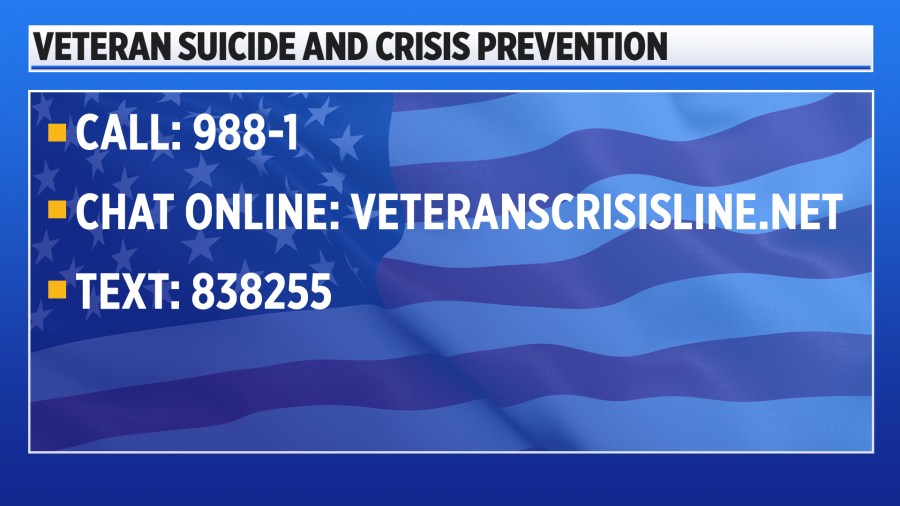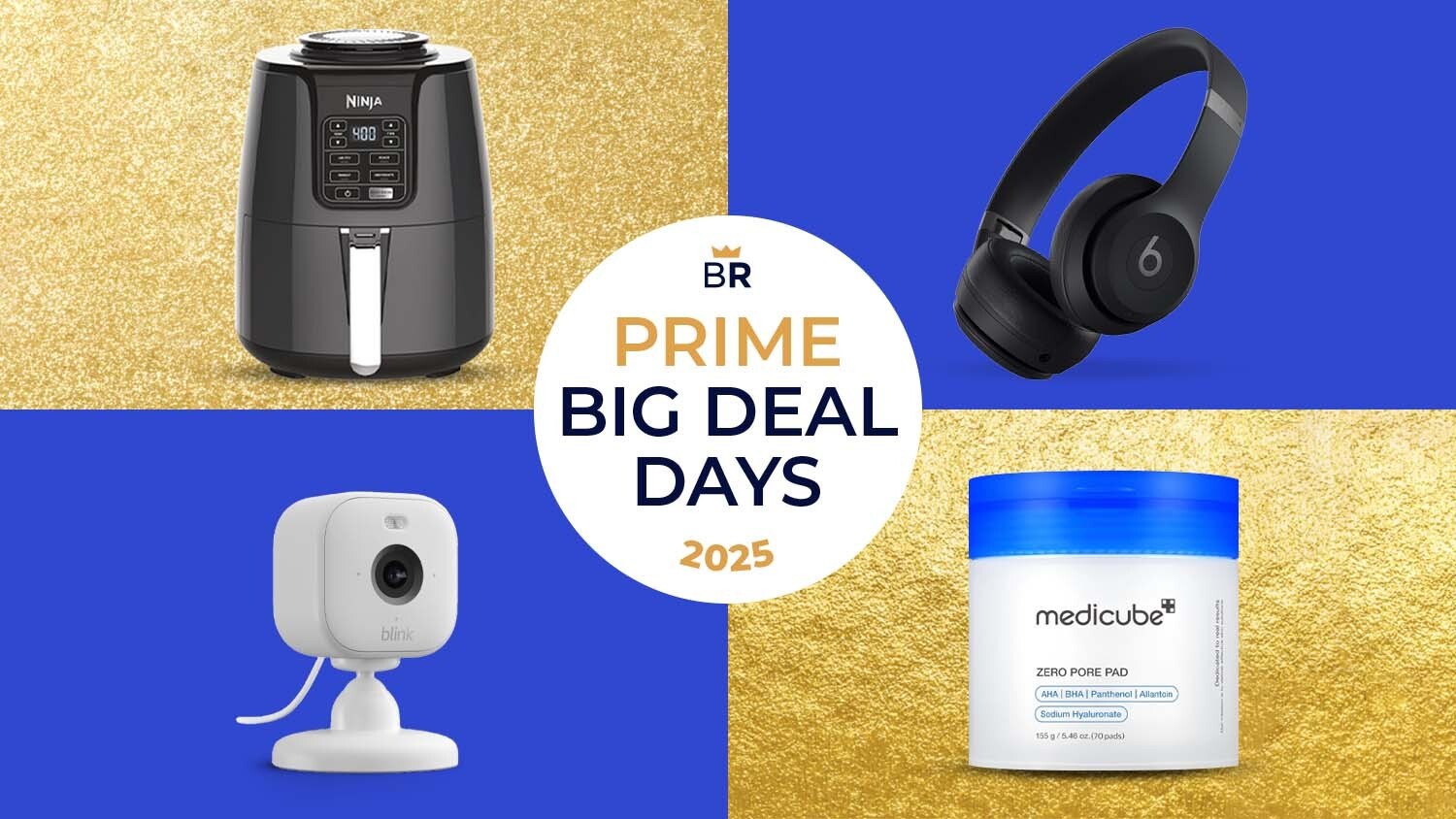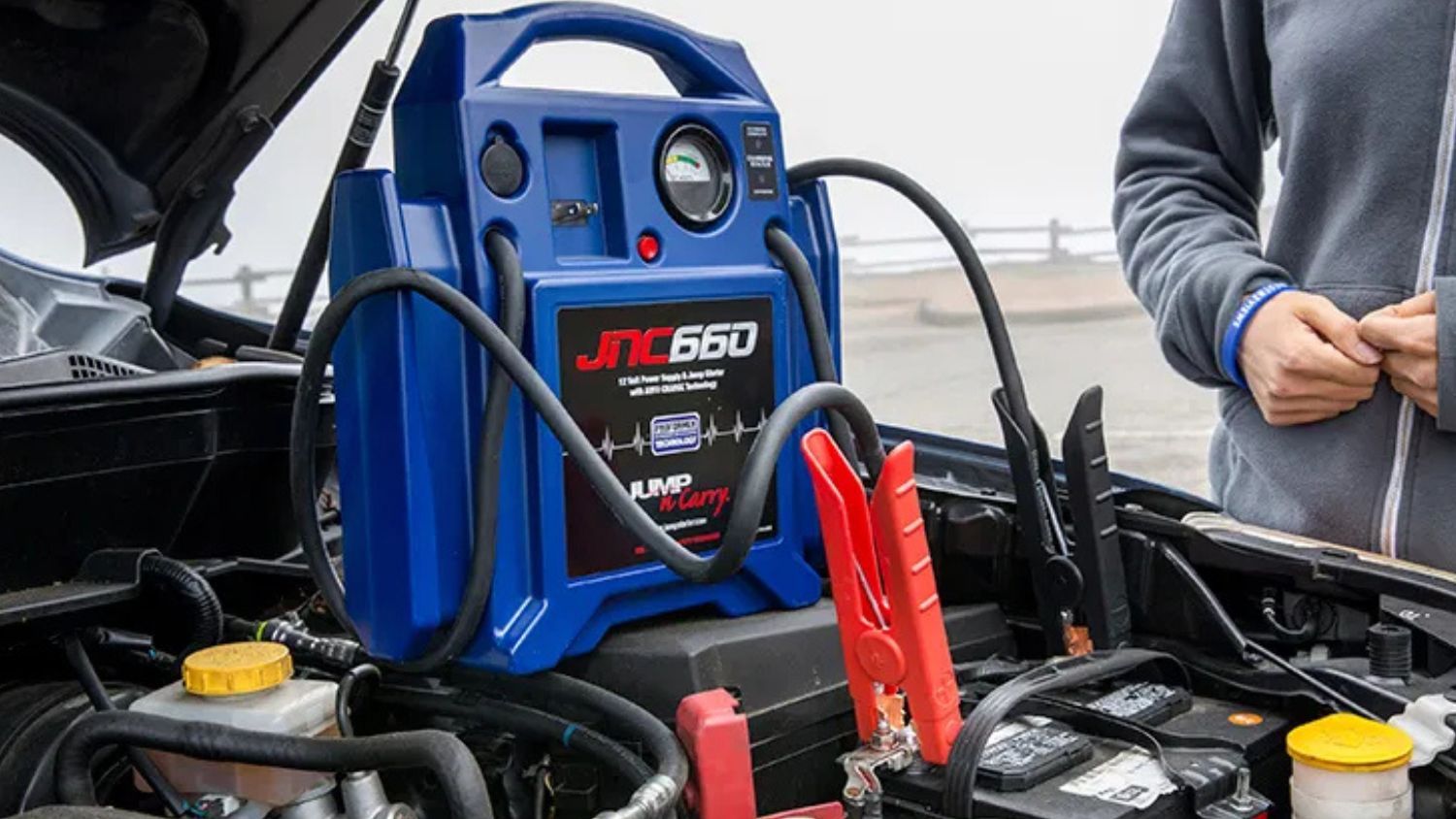GRAND RAPIDS, Mich. (WOOD) — Every day, 22 veterans die by suicide in the United States. It’s a harrowing statistic that illustrates the toll service can take even after someone returns home. But a recently revamped service is making a difference.
The Veterans Suicide Prevention and Crisis Line has fielded more than 8.6 million phone calls, 1 million text messages and 420,000 online chats from veterans in need since it launched in 2007.
“Veterans Crisis Line services matter,” Michael Nobles, acting director for the program, told News 8. “We know that after connecting veteran to services after their initial contact with the line, it saves lives.”
Survey data indicates that 82.6% of veterans who utilized the hotline said their interaction with the service played a part in stopping them from acting on suicidal thoughts.
Though the feedback was good, there was one big flaw with the system:
“If having to remember a longer digit telephone number could potentially create delay, or even dissuade people from reaching out, let’s get rid of that,” Nobles said.

The U.S. Department of Veterans Affairs has now taken the time and resources to make that happen.
2021 saw the first increase in veteran suicide rates since the all-time peak in 2018. The very next year, the Veterans Crisis Line completed the process of integrating with the 988 National Crisis and Suicide Prevention Lifeline, adding a special extension for veterans services: 988-1.
The VA also hired more than 900 additional staff members to bolster text message and online chat intervention services, resulting in higher daily volume for phone calls, texts and online chats.
“When it comes to reducing veteran suicide, we don’t want any barriers,” Nobles said. “We want to make sure that by any means available, a veteran can reach us in a time of distress.”
Each call, text or chat is taken by a crisis prevention specialists around the country and specifically trained in military culture, with an average pickup or response time of just over 9.5 seconds. During the conversation, specialists will assess suicide, homicide, mental health and substance abuse risks while giving emotional support and local resource references.
The final key, Nobles said, is that there is no minimum threshold to get help.
“There is no threshold. If a veteran is feeling distressed, in crisis, or if they just need someone to talk to, they can call. We know that loneliness, helplessness, hopelessness, mental health support, relationship challenges, substance use and addiction are just some of the things our specialists field in these calls, but it doesn’t have to fall into the categories,” Nobles said. “If it is a question if you should reach out, reach out.”
The line is open every hour of every day of the year to veterans and their friends and family. To talk on the phone, just call 988-1; to chat online, go to veteranscrisisline.net; and to text, send a message to 838-255.









